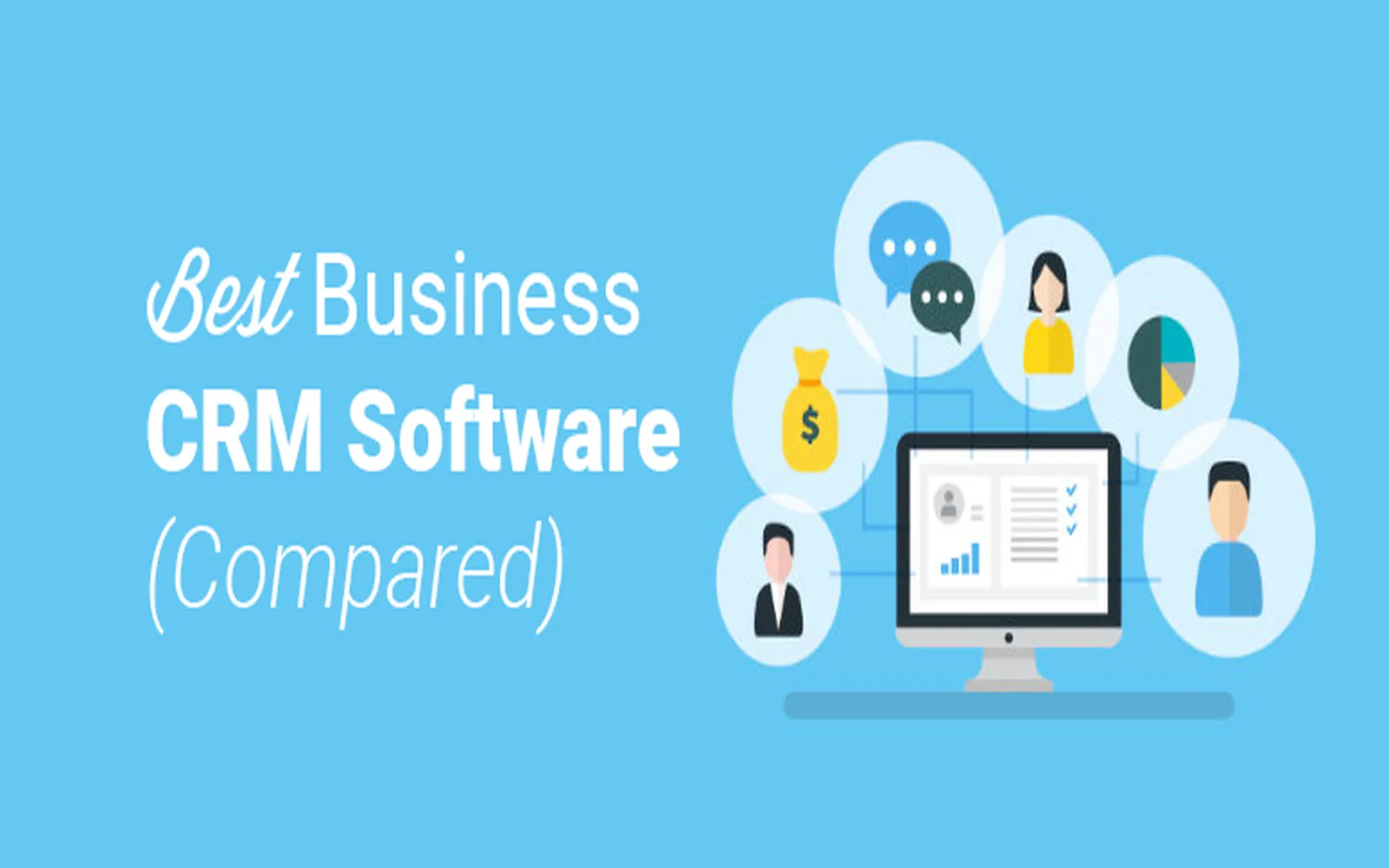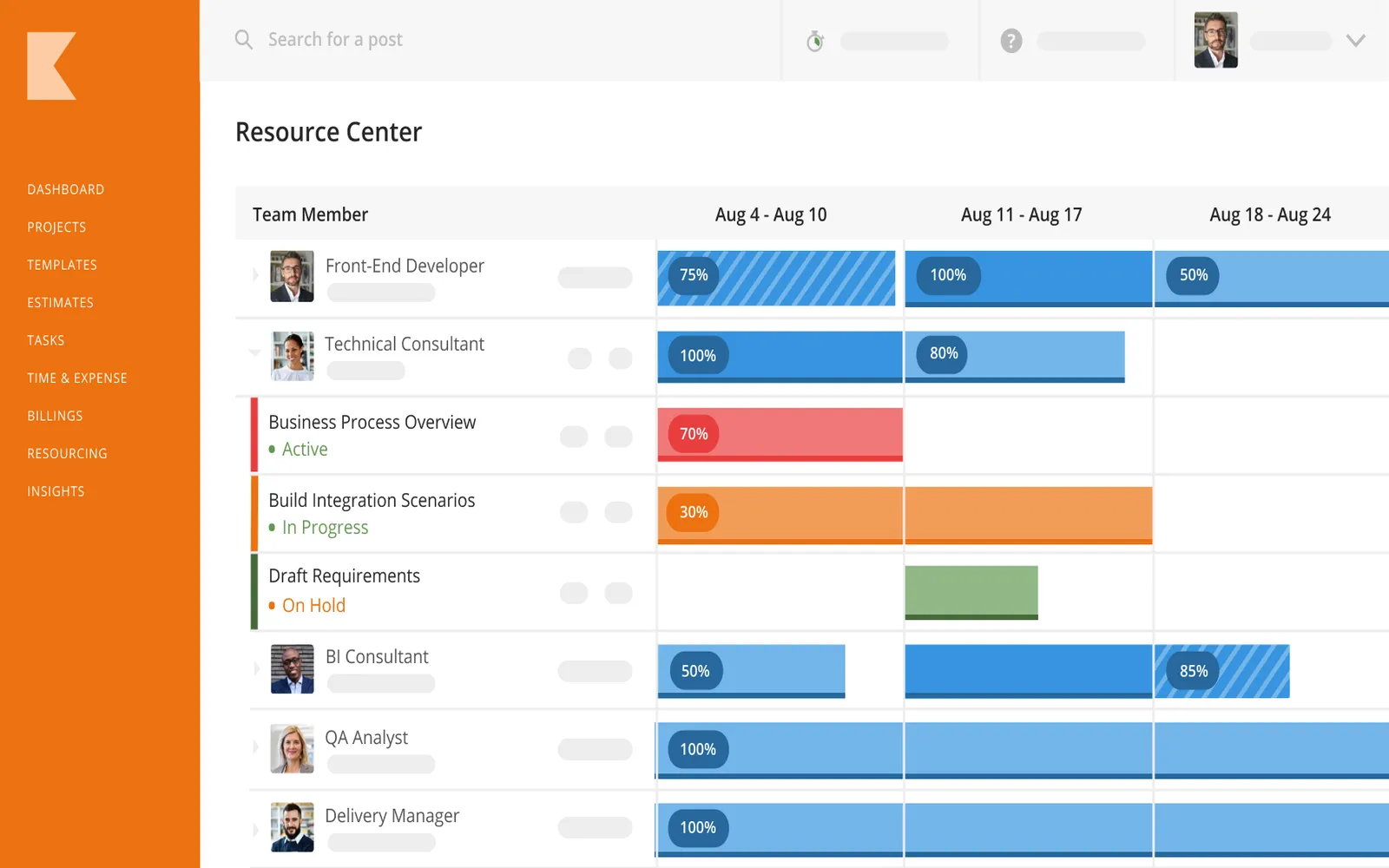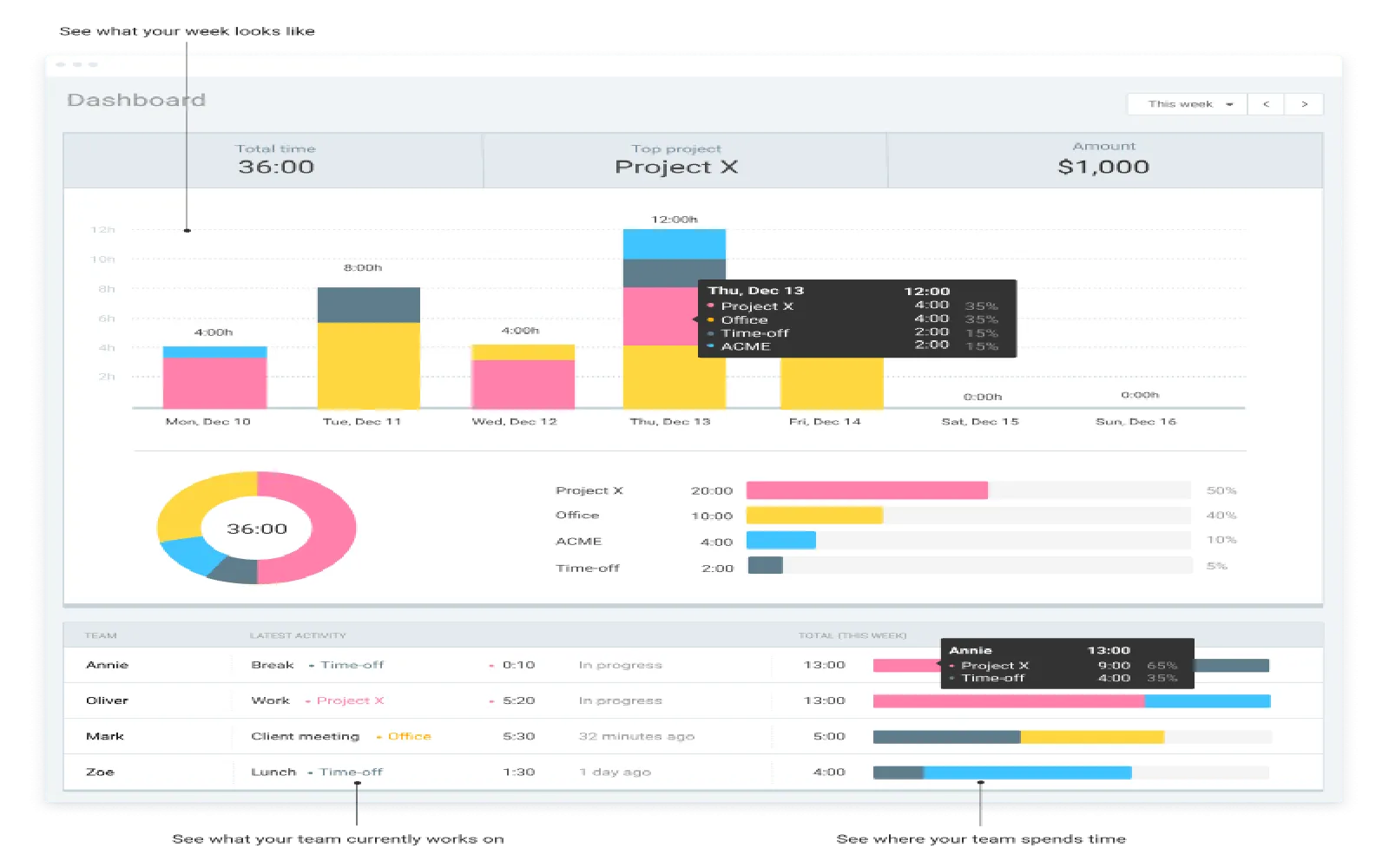Top Data Analysis Software for Businesses to Leverage in 2025: Boost Your Insights and Decision-Making
Introduction
In the rapidly evolving business landscape of 2025, data analysis has become an indispensable tool for organizations seeking to gain a competitive edge. The ability to derive meaningful insights from vast amounts of data not only enhances decision-making but also drives innovation and operational efficiency. This article explores the top data analysis software available in 2025, designed to empower businesses to leverage their data effectively.
The Importance of Data Analysis in Business
Data analysis is crucial for businesses in several ways. It enables organizations to understand consumer behavior, optimize operations, and predict future trends. With the right data analysis software, companies can transform raw data into actionable insights, leading to better strategic decisions. In 2025, as businesses continue to generate increasing volumes of data, the demand for advanced data analysis solutions is expected to grow exponentially.
1. Tableau
Tableau remains a leading data visualization and analysis tool in 2025. Known for its user-friendly interface and powerful visualization capabilities, Tableau allows businesses to create interactive dashboards and reports. With features like natural language processing and AI-driven insights, users can effortlessly explore their data and identify trends. Tableau's integration with various data sources enhances its versatility, making it suitable for organizations of all sizes.
2. Microsoft Power BI
Microsoft Power BI continues to be a favorite among businesses for its robust analytics capabilities and seamless integration with other Microsoft products. Power BI offers a comprehensive suite of tools for data transformation, visualization, and sharing. The software's AI features, such as predictive analytics and automated insights, enable users to make informed decisions quickly. Power BI's cloud-based capabilities also facilitate collaboration across teams and departments.
3. Qlik Sense
Qlik Sense is renowned for its associative data model, which allows users to explore data freely without the limitations of predefined queries. This flexibility empowers businesses to uncover hidden insights and relationships within their data. In 2025, Qlik Sense has enhanced its AI capabilities, providing smart visualizations and recommendations based on user interactions. Its self-service analytics feature enables users to create reports without relying on IT, fostering a data-driven culture within organizations.
4. SAS Analytics
SAS Analytics has evolved into a comprehensive suite of tools designed for advanced analytics, machine learning, and artificial intelligence. In 2025, SAS continues to be a go-to choice for organizations looking to harness predictive modeling and statistical analysis. The platform's scalability and extensive libraries make it suitable for industries ranging from finance to healthcare. SAS also offers cloud-based solutions, ensuring that businesses can access their data and analytics from anywhere.
5. Google Data Studio
Google Data Studio has gained popularity for its free, user-friendly platform that allows businesses to create customizable reports and dashboards. With its integration with various Google products, Data Studio simplifies data visualization for organizations already using Google Analytics, Google Sheets, and other Google services. In 2025, the platform has introduced more advanced features, including enhanced collaboration tools and improved data source connectivity.
6. Looker
Looker, now part of Google Cloud, has established itself as a powerful data analytics platform. With its model-based approach to data exploration, Looker enables users to create custom metrics and reports tailored to their specific needs. In 2025, Looker has expanded its capabilities to include more robust data governance features, ensuring that organizations can maintain data integrity and security while empowering users to access insights efficiently.
7. IBM Watson Analytics
IBM Watson Analytics leverages artificial intelligence to simplify data analysis for businesses. In 2025, the platform has become even more intuitive, allowing users to analyze data through natural language queries. Watson's machine learning capabilities provide predictive insights, helping organizations anticipate trends and make proactive decisions. Its integration with other IBM products enhances its functionality, making it a strong choice for enterprises focused on advanced analytics.
8. Domo
Domo is a cloud-based business intelligence platform that enables organizations to visualize and analyze their data in real time. In 2025, Domo has introduced new features that enhance collaboration and data storytelling, allowing teams to share insights effectively. Its extensive data connectors enable users to pull data from various sources, making it easier to create comprehensive dashboards. Domo's focus on real-time analytics sets it apart in an era where timely information is crucial for decision-making.
9. Alteryx
Alteryx is a data preparation and analytics platform that empowers users to clean, blend, and analyze data without extensive coding knowledge. In 2025, Alteryx has solidified its position as a leader in the data preparation space, offering enhanced automation features and AI-driven insights. The platform's drag-and-drop interface simplifies complex data workflows, making it accessible to a wider range of users. Alteryx's integration with other analytics tools further extends its capabilities for businesses seeking a comprehensive data strategy.
10. RapidMiner
RapidMiner is an open-source data science platform that provides advanced analytics capabilities. In 2025, it continues to be a popular choice for organizations looking to implement machine learning and predictive modeling. RapidMiner's visual interface allows users to create data workflows easily, while its extensive library of algorithms offers flexibility in choosing the right models for analysis. The platform's community support and resources make it an excellent option for businesses venturing into data science.
11. TIBCO Spotfire
TIBCO Spotfire is a powerful analytics tool that enables businesses to visualize and analyze data quickly. In 2025, Spotfire has enhanced its machine learning capabilities, allowing users to create predictive models directly within the platform. Its interactive dashboards facilitate data exploration, making it easier for users to uncover insights. Spotfire's focus on collaboration and sharing insights across teams helps organizations foster a data-driven culture.
12. KNIME
KNIME is an open-source data analytics platform that allows users to create data workflows through a visual interface. In 2025, KNIME has expanded its capabilities with improved integration options and support for machine learning algorithms. The platform's flexibility makes it suitable for various industries, enabling organizations to perform complex data analyses without extensive coding. KNIME's community-driven approach ensures that users have access to a wealth of resources and support.
13. Apache Spark
Apache Spark is an open-source distributed computing system that excels in processing large datasets. In 2025, Spark remains a popular choice for businesses dealing with big data analytics. Its ability to handle both batch and real-time data processing makes it versatile and powerful for organizations looking to derive insights from massive amounts of data. Spark's integration with machine learning libraries enables users to build predictive models efficiently.
14. Sisense
Sisense is a business intelligence platform that focuses on simplifying complex data analysis for organizations. In 2025, Sisense has enhanced its AI-driven analytics capabilities, allowing users to generate insights with minimal effort. The platform's ability to handle large volumes of data and its intuitive interface make it suitable for businesses looking to democratize data access across their teams. Sisense's focus on embedded analytics enables organizations to integrate insights directly into their applications.
15. Zoho Analytics
Zoho Analytics is a cloud-based business intelligence tool that offers a wide range of data analysis features. In 2025, Zoho Analytics continues to evolve, providing users with advanced visualization options and AI-powered insights. Its integration with other Zoho products makes it an attractive option for businesses already using the Zoho ecosystem. The platform's affordability and user-friendly interface make it accessible for small and medium-sized enterprises.
Conclusion
As we move into 2025, businesses have an array of powerful data analysis software options at their disposal. From advanced machine learning capabilities to user-friendly interfaces, these tools are designed to empower organizations to leverage their data effectively. By investing in the right data analysis software, businesses can enhance their insights, streamline decision-making processes, and ultimately drive success in an increasingly data-driven world. Whether you are a small startup or a large enterprise, the right data analysis tool can make all the difference in achieving your business goals.
Explore

Best Product Analytics Software: Tools to Drive Data-Driven Decision-Making

Top CRM Software for Small Businesses in 2025: Boost Your Growth and Efficiency

Top POS Software for Retail Businesses in 2025: Boost Your Sales and Efficiency

Top HR Services for Small Businesses in 2025: Boost Your Workforce Efficiency and Growth

Top Content Writing Services for Businesses in 2025: Boost Your Online Presence

Top Project Management Software for Teams in 2025: Boost Collaboration and Efficiency

Top Time Tracking Software for Remote Teams in 2025: Boost Productivity and Collaboration
